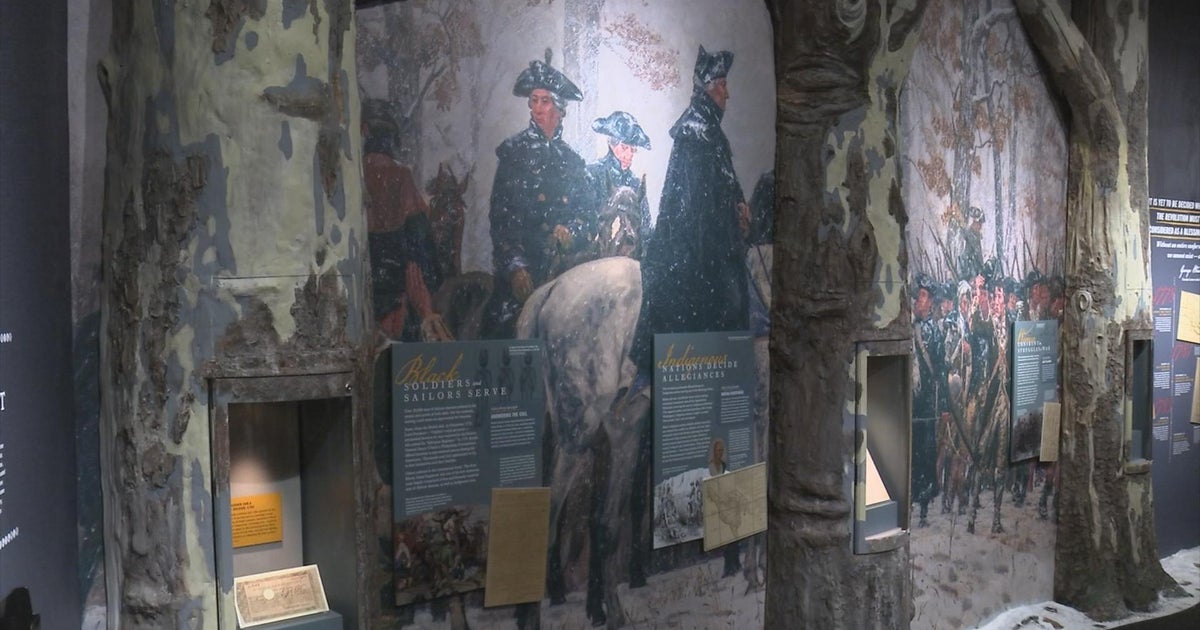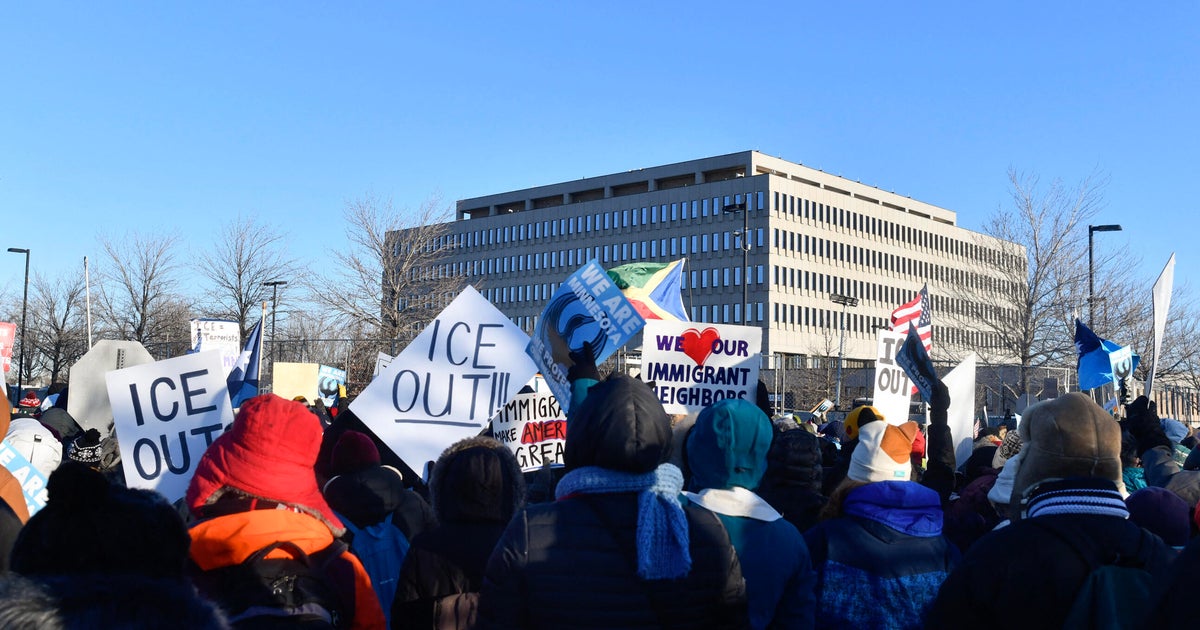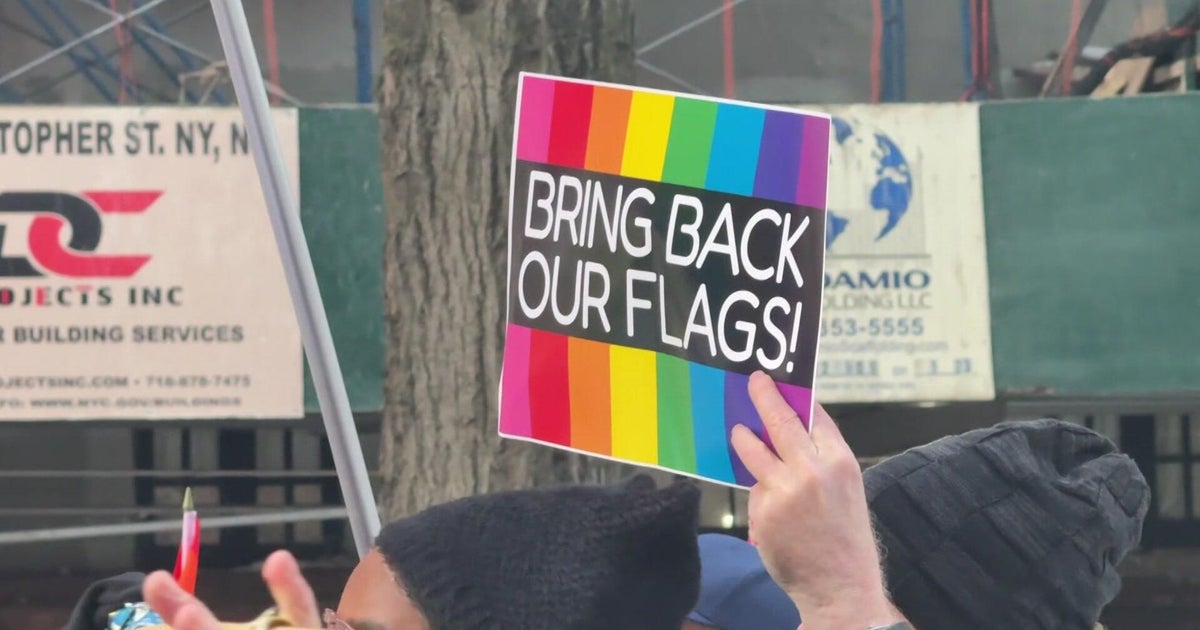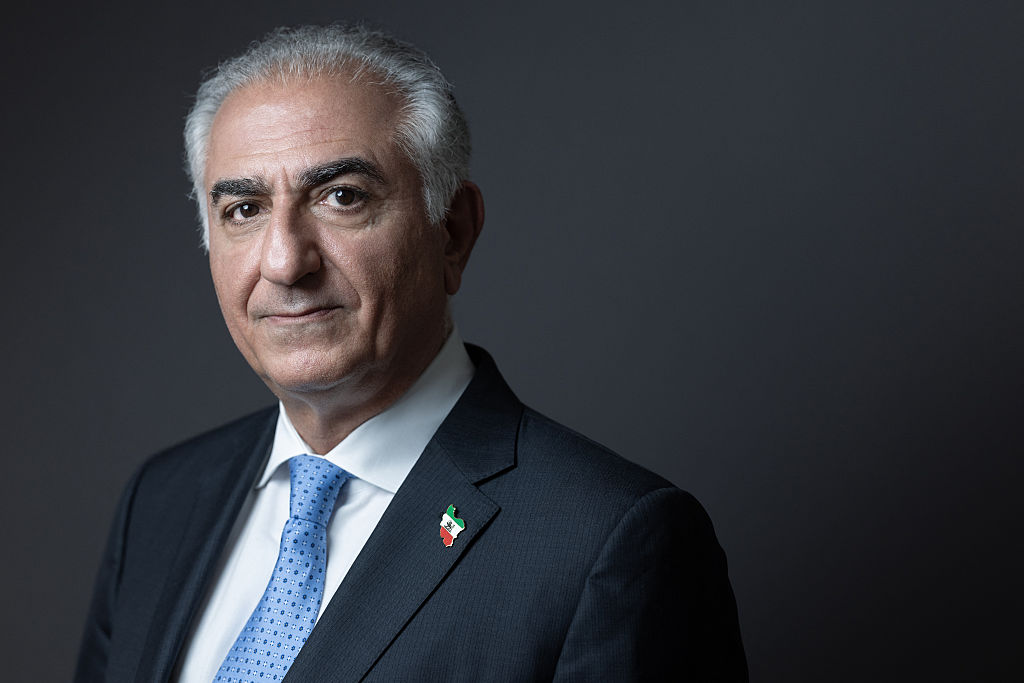Syria's Bashar Assad still standing after 8 years of war – how did we get here?
Protesters gathered on Sunday in the southern Syrian city of Daraa to protest the construction of a statue of President Bashar Assad's father and predecessor, Hafez Assad. It was a stark display of disquiet in the city where, eight years ago, a similar peaceful protest against the powerful family sparked a vicious war.
It was in Daraa where the Arab Spring-inspired uprising began with protests in March 2011.
"It was a lot of pent up anger and frustration on the part of the Syrian people towards the regime. They tried to go out into the streets and express their desires peacefully, but the regime overreacted... started killing people," said Jasmine El-Gamal, a senior fellow at the Atlantic Council and former Pentagon adviser on the Middle East.
It has since escalated into one of the most convoluted and deadly conflicts in the world, leaving at least 400,000 people dead and millions displaced.
Early in the conflict, as President Obama and other world leaders expressed their distaste for Assad and furtively backed opposition groups, it seemed Assad was likely to follow the downward spiral of other strongmen felled by the Arab Spring.
As the eight year anniversary of the fighting is marked this week, however, thanks to firm backing from his fellow strongmen in Russia and Iran, Assad is undoubtedly going nowhere fast. His forces have made major gains in recent years against an increasingly fractured and in some ways forsaken opposition.
President Trump has made it clear he wants to pull U.S. troops out of the battlefield in Syria, raising concerns that America's longtime allies on the ground, the Kurdish-led rebels of the Syrian Democratic Forces, could be left to fend for themselves. Turkey, a U.S. NATO ally, considers the primary faction within the SDF a terrorist group, and has threatened to go after them. Right now, with U.S. troops still on the ground alongside the SDF, they are protected from the Turks to the north.
The Syrian war has never been as simple as Assad versus the rebels. Russia has strategic military installations inside Syria, and President Vladimir Putin arguably came to Assad's rescue within the last three years, lending the full support of his Russian military to help Assad turn the tide against the rebel groups on some key fronts.
Iran has also helped Assad tremendously, sending not just state forces but backing the Hezbollah extremist group, which has also fought alongside the Syrian dictator's own forces. Iran's role in the conflict has pulled Israel onto the battlefield, as the Jewish state considers both Iran and Hezbollah a direct threat to its security.
As El-Gamal noted, the U.S. involvement in the conflict has "been quite complicated, and it's changed a bit over the years." She said the first significant change in policy came when President Obama, after largely staying out of the brewing fiasco, said Assad should step down. But that was followed by "a lot of criticism, and in some cases rightly so, that the U.S. didn't really do anything about that -- we said that we wanted President Assad to step down, but we didn't really take any steps to make it happen."
Amid the uncertain U.S. policy, the chaos escalated into an increasingly bloody and complicated war, and terrorists saw an opportunity. In 2014, having grown out of the ashes of the war in neighboring Iraq, ISIS swept across a vast swath of both countries and carved out its self-declared "Islamic State," based in the Syrian city of Raqqa.
ISIS has been the single element of the war that all state actors involved can agree on, at least rhetorically, and the U.S. and Russia have essentially allowed each other to continue fighting against the terrorists, while backing different sides in the core conflict.
Almost five years after ISIS seized its territory, the group has now been reduced to a tiny sliver of land near Syria's border with Iraq. But Assad, accused of mass atrocities himself, including the use of chemical weapons, remains right where he was eight years ago, in charge of Syria.



